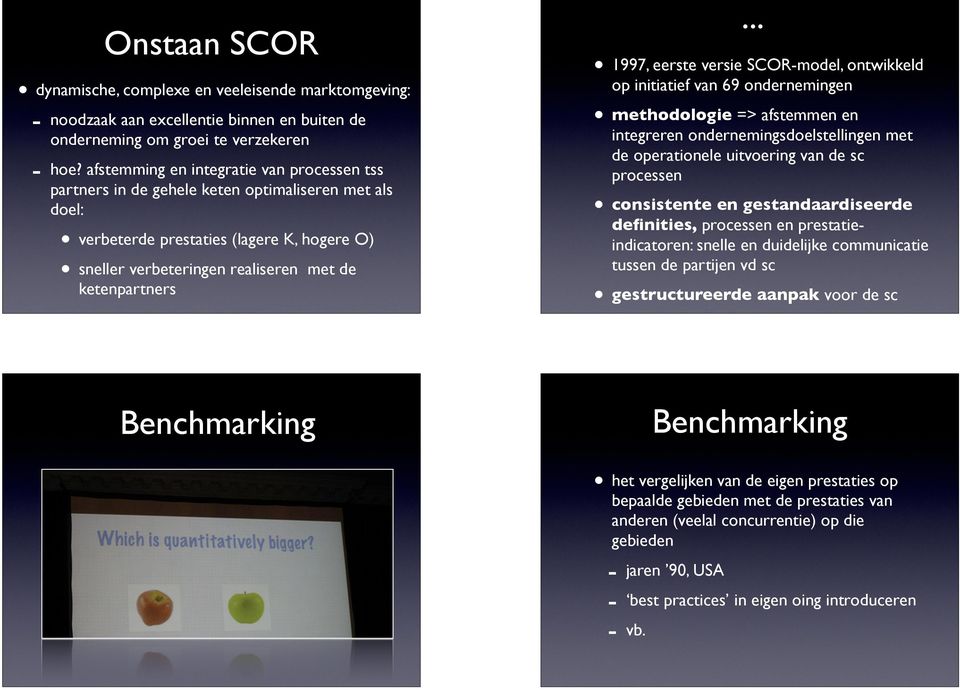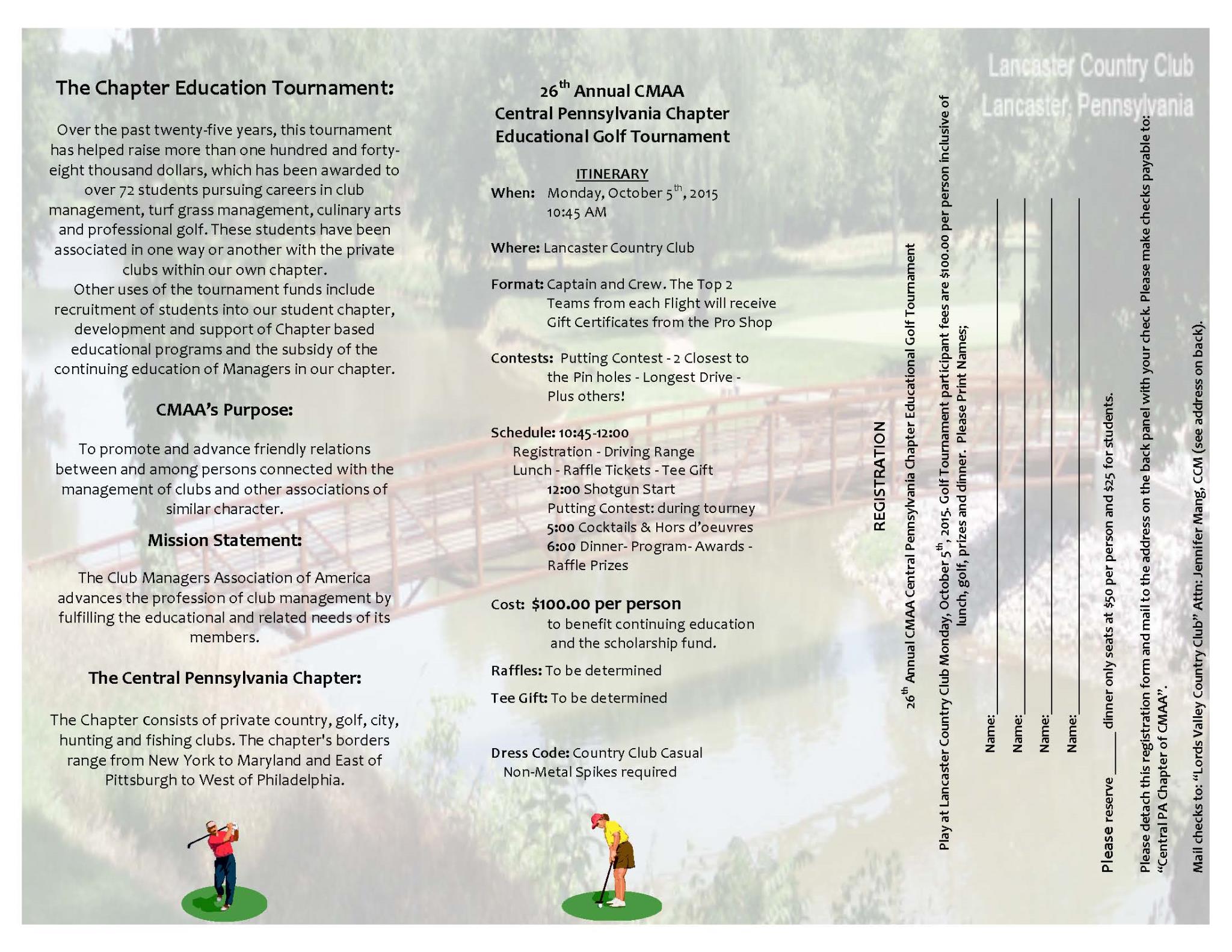
The UW-Platteville Civil Engineering and Environmental Engineering programs are designed to prepare students for the challenges that society faces. Civil engineers are responsible for designing and building the infrastructure and systems that support society. The application of engineering principles to improve environment conditions and reduce pollution is the goal of environmental engineers. Both are important fields, but they have distinct areas of expertise.
University of Wisconsin-Platteville
The University of Wisconsin-Platteville Civil Engineering program is a comprehensive program that prepares students for careers in design, construction, and related fields. All technical areas are covered and students must choose at least one focus area. The College of Engineering, Mathematics, and Science has faculty mentors who help students develop real-world solutions. They are able to use critical thinking skills as well as financial insight to design buildings. These skills and knowledge are used in every day life.
The program graduates are ready to solve the most pressing social problems. This training helps them to use engineering principles to reduce environmental pollution and improve the health of the surrounding environment. Civil engineers create and construct infrastructures and systems to support modern living. Environmental engineers use engineering principles to create solutions for environmental issues, focusing on pollution and improving environmental conditions.

Courses available
If you are considering a career in civil or environmental engineering, there are a number of options at UW Platteville. These courses fulfill or exceed General Education requirements. They will prepare students for professional engineering programs. The requirements for your specific field vary slightly, so you should consult with an advisor to determine the appropriate course of study.
The UW Platteville Civil Engineering Degree program offers a strong foundation in all technical fields of the field. You can select an emphasis from among the three majors offered and still have a wide scope of knowledge in the field. These courses also provide you with hands-on experience in laboratories and in the field.
Cost of degree
The cost of a civil engineering degree at the University of Wisconsin - Platteville is above the national average, which is about $23,345. However, UW-Platteville graduates can expect a median salary of $58,200 in the early stages of their careers, which is about the same as the national average.
You have the option to choose from a variety of engineering programs at the University of Wisconsin – Platteville. These programs have been accredited by the Engineering Accreditation Commission of ABET.

Career prospects
Students interested in pursuing a career in civil engineering should consider the University of Wisconsin-Platteville. This school offers a comprehensive curriculum in civil engineering that includes at least one emphasis. Students will be able to collaborate with industry partners and develop new products. They will also use financial insight and critical thinking to decide the equipment and personnel required for each project.
UW-Platteville's Civil Engineering program is designed to help students meet the demands of society. Civil engineers build structures, systems and infrastructure by applying engineering principles. The principles of engineering are used by environmental engineers to solve problems related to the environment. They focus on reducing pollution and improving environmental conditions.
FAQ
What is Kaizen?
Kaizen is a Japanese term for "continuous improvement." It encourages employees constantly to look for ways that they can improve their work environment.
Kaizen is based upon the belief that each person should be capable of doing his or her job well.
What are some common management mistakes?
Sometimes managers make their job harder than they need to.
They might not give enough support and delegate the right responsibilities to their staff.
A majority of managers lack the communication skills needed to motivate their team and lead them.
Managers set unrealistic expectations and make it difficult for their team.
Managers might try to solve every problem by themselves rather than delegating the responsibility.
How to manage employees effectively?
Managing employees effectively means ensuring that they are happy and productive.
This includes setting clear expectations for their behavior and tracking their performance.
Managers need clear goals to be able to accomplish this.
They need to communicate clearly with staff members. They need to communicate clearly with their staff.
They must also keep records of team activities. These include:
-
What was the result?
-
What was the work involved?
-
Who did it?
-
How did it get done?
-
Why?
This information is useful for monitoring performance and evaluating the results.
What are the key management skills?
Any business owner needs to be able to manage people, finances, resources and time. These include the ability and willingness to manage people, finances as well resources, time and space.
Managerial skills are required when setting goals and objectives and planning strategies, leading employees, motivating them, solving problems, creating policies, procedures, or managing change.
You can see that there are many managerial duties.
How can a manager improve his/her managerial skills?
It is important to have good management skills.
Managers need to monitor their subordinates' performance.
If you notice your subordinate isn't performing up to par, you must take action quickly.
You should be able to identify what needs improvement and how to improve things.
Statistics
- Our program is 100% engineered for your success. (online.uc.edu)
- This field is expected to grow about 7% by 2028, a bit faster than the national average for job growth. (wgu.edu)
- UpCounsel accepts only the top 5 percent of lawyers on its site. (upcounsel.com)
- The average salary for financial advisors in 2021 is around $60,000 per year, with the top 10% of the profession making more than $111,000 per year. (wgu.edu)
- 100% of the courses are offered online, and no campus visits are required — a big time-saver for you. (online.uc.edu)
External Links
How To
How can you create a Quality Management Plan, (QMP)?
QMP (Quality Management Plan) is a system to improve products and services by implementing continuous improvement. It emphasizes on how to continuously measure, analyze, control, and improve processes, product/service, and customer satisfaction.
QMP is a common method to ensure business performance. QMP's goal is to improve service delivery and production. QMPs should cover all three dimensions - Products, Processes, and Services. A "Process" QMP is one that only includes one aspect. QMP stands for Product/Service. QMP is also used to refer to QMPs that focus on customer relations.
Scope, Strategy and the Implementation of a QMP are the two major elements. They are defined as follows:
Scope: This describes the scope and duration for the QMP. This scope can be used to determine activities for the first six-months of implementation of a QMP in your company.
Strategy: This describes how you will achieve the goals in your scope.
A typical QMP includes five phases: Design, Planning, Development and Implementation. Each phase is described below:
Planning: This stage identifies and prioritizes the QMP's objectives. All stakeholders involved in the project are consulted to understand their requirements and expectations. The next step is to create the strategy for achieving those objectives.
Design: The design stage involves the development of vision, mission strategies, tactics, and strategies that will allow for successful implementation. These strategies are then put into practice by creating detailed plans.
Development: Here the development team works toward building the necessary resources and capabilities to support the successful implementation.
Implementation involves the actual implementation using the planned strategies.
Maintenance: Maintaining the QMP over time is an ongoing effort.
In addition, several additional items must be included in the QMP:
Participation of Stakeholders: The QMP's success depends on the participation of stakeholders. They should be involved in planning, design, development and implementation of the QMP.
Project Initiation: It is essential to have a clear understanding about the problem and the solution before you can initiate a project. In other words, they must understand the motivation for initiating the project and the expectations of the outcome.
Time frame: The QMP's timeframe is critical. The simplest version can be used if the QMP is only being implemented for a short time. For a long-term commitment you may need more complicated versions.
Cost Estimation - Cost estimation is an important part of the QMP. You can't plan without knowing how much money it will cost. The QMP should be cost-estimated before it can begin.
QMPs are more than just documents. They can also be updated as needed. It changes as the company grows. It should be reviewed on a regular basis to ensure that it is still meeting the company's needs.